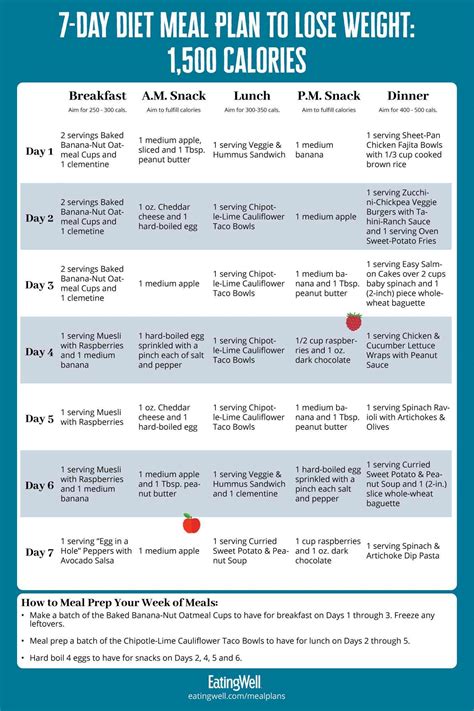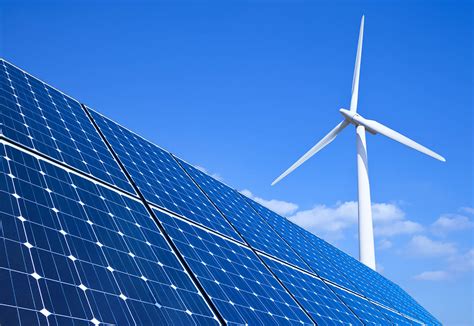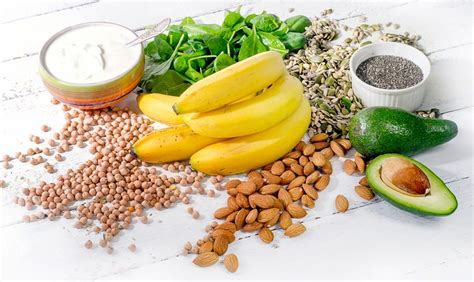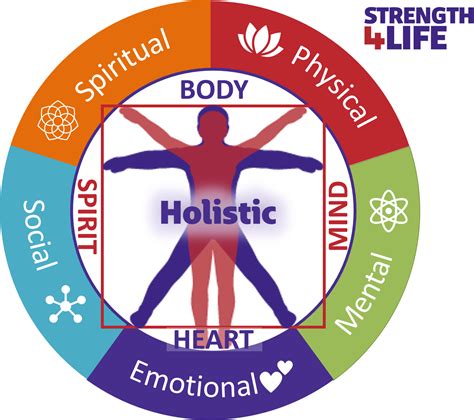Optimize men’s diet: What foods naturally boost testosterone & energy for peak performance?

For men striving for peak physical and mental performance, optimizing diet is a cornerstone. Beyond just feeling full, the right foods can significantly impact hormonal balance, particularly testosterone, and provide sustained energy crucial for an active lifestyle, sharp focus, and overall well-being. This article delves into the specific foods that naturally support healthy testosterone levels and provide the sustained energy needed to excel.

The Core Connection: Testosterone, Energy, and Diet
Testosterone, the primary male sex hormone, plays a vital role in muscle mass, bone density, mood, libido, and energy levels. As men age, testosterone levels can naturally decline, but diet and lifestyle choices can significantly influence this process. Similarly, sustained energy isn’t just about avoiding fatigue; it’s about providing your body with the consistent fuel it needs to perform at its best, mentally and physically, throughout the day.
A diet rich in specific micronutrients and macronutrients can act as a natural stimulant for testosterone production and an efficient source of energy, paving the way for improved strength, endurance, and cognitive function.
Foods That Naturally Boost Testosterone
Certain nutrients are directly linked to testosterone synthesis and regulation. Incorporating these foods into your daily regimen can provide a powerful natural boost:
Zinc-Rich Foods
Zinc is a crucial mineral for testosterone production. Studies show that even a mild zinc deficiency can lead to decreased testosterone levels. Excellent sources include:
- Oysters: Arguably the best natural source of zinc.
- Red Meat: Beef and lamb provide substantial amounts.
- Pumpkin Seeds: A great plant-based option.
- Beans and Legumes: Lentils, chickpeas, black beans.

Vitamin D
Often called the “sunshine vitamin,” Vitamin D also functions as a steroid hormone in the body and is strongly linked to testosterone levels. While sun exposure is key, dietary sources can supplement:
- Fatty Fish: Salmon, mackerel, tuna.
- Fortified Foods: Milk, orange juice, cereals.
- Egg Yolks: A smaller but consistent source.
Healthy Fats (Monounsaturated & Polyunsaturated)
Cholesterol is a precursor to testosterone, and healthy fats are essential for its synthesis. Don’t shy away from good fats:
- Avocados: Rich in monounsaturated fats.
- Nuts & Seeds: Almonds, walnuts, chia seeds, flaxseeds.
- Olive Oil: Extra virgin olive oil is a prime source of monounsaturated fats.
Magnesium-Rich Foods
Magnesium plays a role in hundreds of bodily functions, including muscle health and energy production, and it can also increase free testosterone by reducing its binding to sex hormone-binding globulin (SHBG).
- Leafy Green Vegetables: Spinach, kale.
- Nuts: Almonds, cashews.
- Legumes: Black beans, lentils.
- Whole Grains: Brown rice, oats.
Fueling Peak Energy and Stamina
Sustaining high energy levels requires a consistent supply of quality fuel. These food groups are vital for maintaining stamina and preventing energy crashes:

Complex Carbohydrates
Unlike simple sugars that cause spikes and crashes, complex carbs release energy slowly and steadily, providing long-lasting fuel.
- Whole Grains: Oats, brown rice, quinoa, whole-wheat bread.
- Sweet Potatoes: A nutrient-dense source of sustained energy.
- Legumes: Beans, lentils, chickpeas.
Lean Proteins
Protein is essential for muscle repair, growth, and satiety, which helps stabilize blood sugar and energy levels. It also requires more energy to digest, contributing to sustained fullness.
- Chicken Breast & Turkey: Excellent lean options.
- Fish: Salmon, cod, tuna.
- Eggs: A complete protein source.
- Legumes & Tofu: Plant-based protein powerhouses.
Iron-Rich Foods
Iron is critical for oxygen transport in the blood. Iron deficiency (anemia) can lead to profound fatigue and reduced physical performance.
- Red Meat: Beef, lamb (also a zinc source).
- Spinach & Kale: Plant-based iron, best absorbed with Vitamin C.
- Lentils & Beans: Good vegetarian sources.

Beyond Individual Foods: The Synergistic Approach
While specific foods offer targeted benefits, the most effective strategy for boosting testosterone and energy involves a holistic, balanced diet. Focus on whole, unprocessed foods, minimizing refined sugars, unhealthy fats, and excessive alcohol, which can negatively impact hormone balance and energy levels.
- Hydration: Drink plenty of water throughout the day.
- Regular Exercise: Strength training and high-intensity interval training (HIIT) are known to boost testosterone.
- Adequate Sleep: Poor sleep significantly impacts hormone regulation.
- Stress Management: Chronic stress elevates cortisol, which can suppress testosterone.

Conclusion
Optimizing men’s diet for peak performance is an empowering journey. By consciously incorporating zinc, Vitamin D, healthy fats, magnesium, complex carbohydrates, lean proteins, and iron-rich foods, men can naturally support healthy testosterone levels and maintain robust energy. Remember, a balanced approach combining nutrient-dense eating with proper hydration, regular exercise, sufficient sleep, and stress management is the ultimate recipe for achieving and sustaining your best self.









